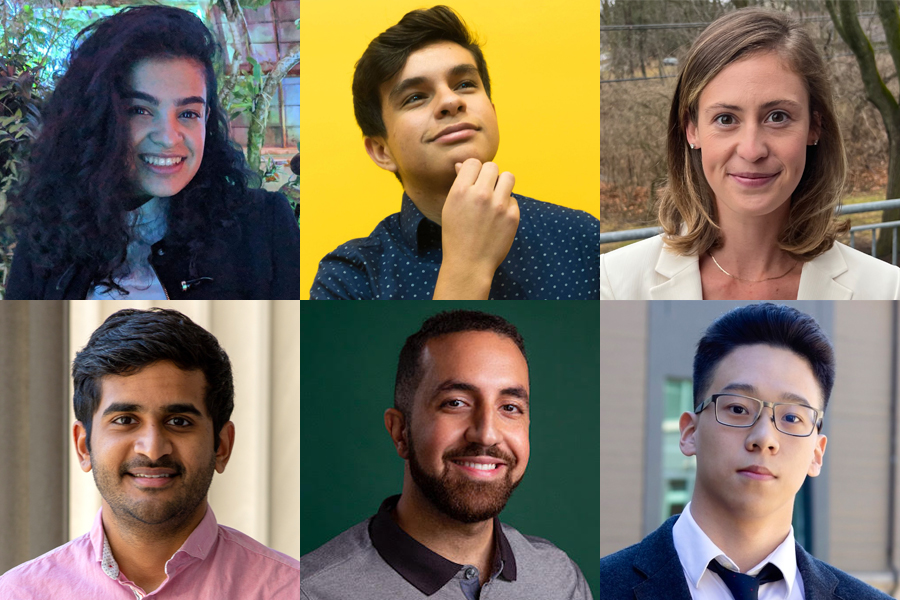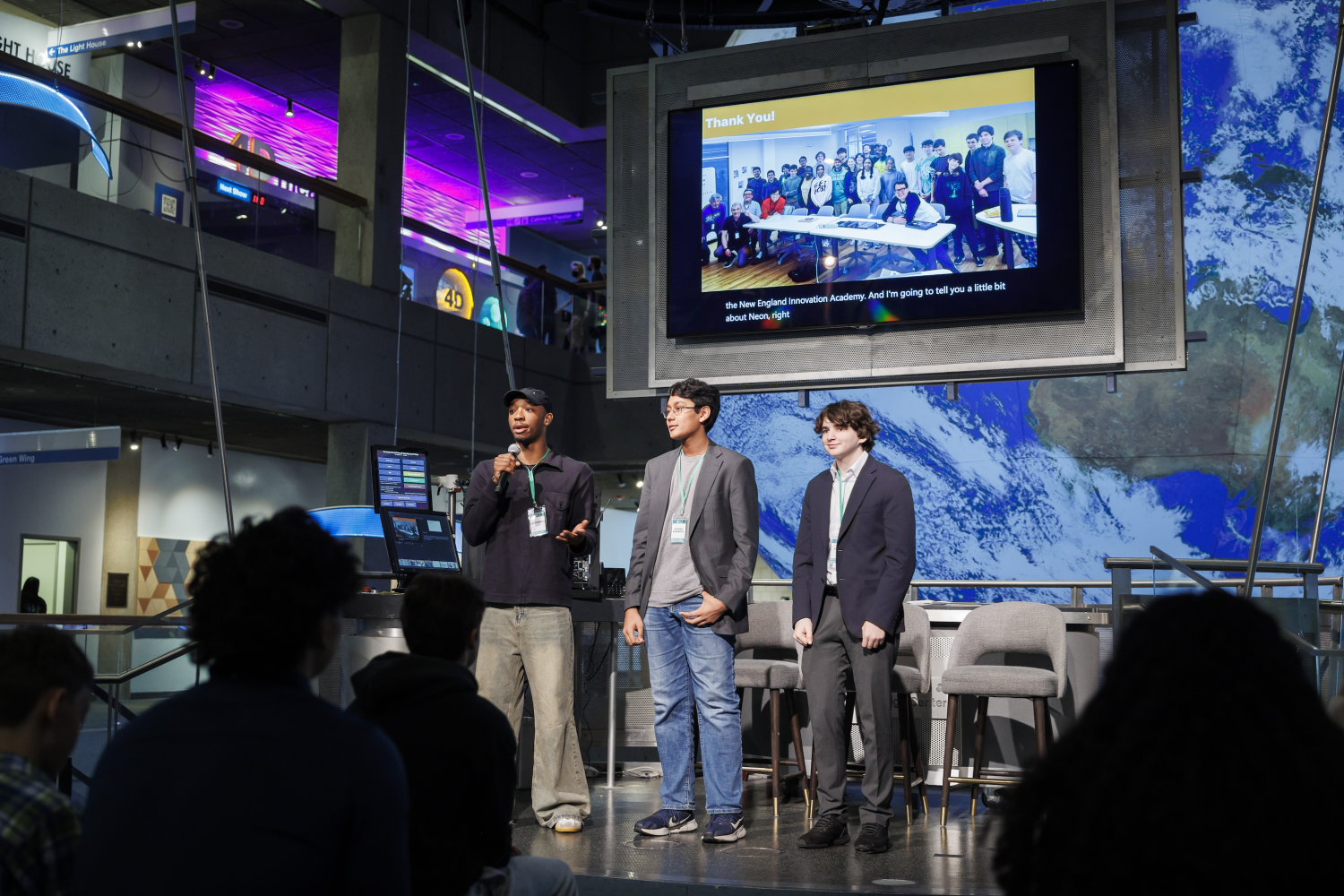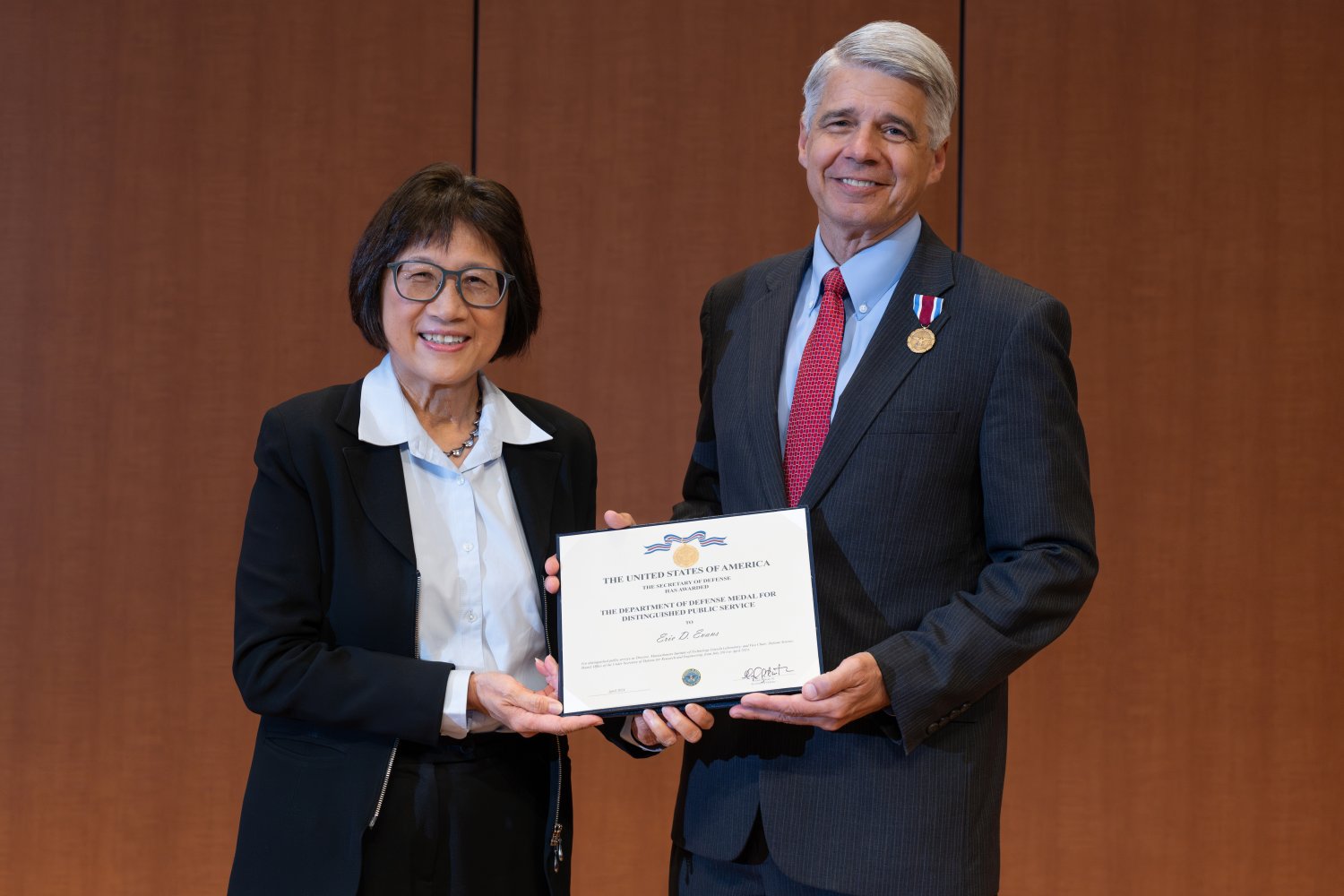The MIT-Pillar AI Collective has officially announced its six fellows for the spring 2024 semester. This esteemed program, designed to support graduate students nearing the completion of their master’s or PhD degrees, focuses on groundbreaking research in AI, machine learning, and data science, with a keen emphasis on commercializing their innovative findings.
Established in 2022 through a collaboration between MIT’s School of Engineering and Pillar VC, the MIT-Pillar AI Collective aims to foster an environment for faculty, postdoctoral researchers, and students engaged in AI-focused research. Funded by a generous grant from Pillar VC and managed by the MIT Deshpande Center for Technological Innovation, the initiative’s mission is to propel research towards practical applications and market readiness.
The spring 2024 MIT-Pillar AI Collective Fellows include:
Yasmeen AlFaraj
Yasmeen AlFaraj, a PhD candidate in chemistry, is revolutionizing soft materials design through the application of data science and machine learning technologies. Her innovative work focuses on creating sustainable plastics, rubbers, and composite materials. AlFaraj’s research has led to the development of novel molecular additives aimed at economically manufacturing chemically deconstructable thermosets and composites. As a fellow, she is set to explore market pathways for her discoveries, particularly in the manufacturing of wind turbine blades and advanced coatings. Leading a team under the Deshpande Center, AlFaraj is pushing boundaries with a startup focused on recyclable thermosets and has enriched her business acumen through participation in programs such as the National Science Foundation Innovation Corps. She holds a BS in chemistry from the University of California, Berkeley.
Ruben Castro Ornelas ‘22
A PhD student in mechanical engineering, Ruben Castro Ornelas is envisioning the future of multipurpose robotics. His research integrates AI with mechanical design, leading to the creation of a highly adaptable robotic hand capable of performing everyday tasks. This innovative device holds promising commercial prospects for various sectors, including healthcare and domestic use. Ornelas plans to identify potential markets and develop business strategies as a Pillar Fellow. His entrepreneurial experiences include co-directing StartLabs, an undergraduate entrepreneurship program at MIT, where he received his BS in mechanical engineering.
Keeley Erhardt ‘17, MNG ‘17
Keeley Erhardt is pursuing a PhD in media arts and sciences, focusing on AI’s transformative effects on network analysis. Through her expertise, she has developed machine learning algorithms capable of tracking hidden correlations and detecting online influence campaigns across multiple platforms. As a fellow, she aims to explore the commercial implications of her research, targeting sectors like finance and national security where fraud detection and hidden activity analysis are critical. With internships at top tech companies like Google and Facebook, Erhardt earned both an MEng and a BS in computer science from MIT.
Vineet Jagadeesan Nair SM ‘21
PhD candidate Vineet Jagadeesan Nair specializes in the intersection of power systems and climate solutions. His research endeavors to integrate renewables, batteries, and electric vehicles into electricity markets. As a Pillar Fellow, Nair will utilize machine learning to enhance electricity demand and supply forecasting. Collaborating with Project Tapestry @ Google X, he is merging machine learning with conventional numerical methods for improved simulations. His efforts aim to create cleaner, renewable-heavy power grids, reinforced by his entrepreneurial spirit, demonstrated during his role in organizing the 2023 MIT Global Startup Workshop. Nair possesses multiple degrees, including an MS in computational science from MIT, an MPhil in energy technologies from Cambridge as a Gates Scholar, and dual degrees from the University of California, Berkeley.
Mahdi Ramadan
Mahdi Ramadan is a PhD candidate in brain and cognitive sciences, where he is pioneering research at the convergence of cognitive science and AI. His focus on unsupervised learning methods allows for deciphering neural dynamics, potentially transforming neuroprosthetics development. As a Pillar Fellow, Ramadan seeks to enhance motor control through AI-driven models, aspiring to revolutionize spinal prosthetics and their accessibility. His entrepreneurial ventures include co-founding UltraNeuro and Presizely. He graduated with a BS in neurobiology from the University of Washington.
Rui (Raymond) Zhou
Rui (Raymond) Zhou, a PhD candidate in mechanical engineering, is advancing multimodal AI in engineering design. His objective as a Pillar Fellow is to innovate models enabling seamless conversion of diverse data types into actionable 2D and 3D designs. This work has the potential to transform industries from automotive to consumer electronics, streamlining the design process and enhancing customization. Zhou also founded UrsaTech, a startup integrating AI into engineering education, and holds a BS in electrical engineering and computer science from the University of California, Berkeley.
Photo credit & article inspired by: Massachusetts Institute of Technology



